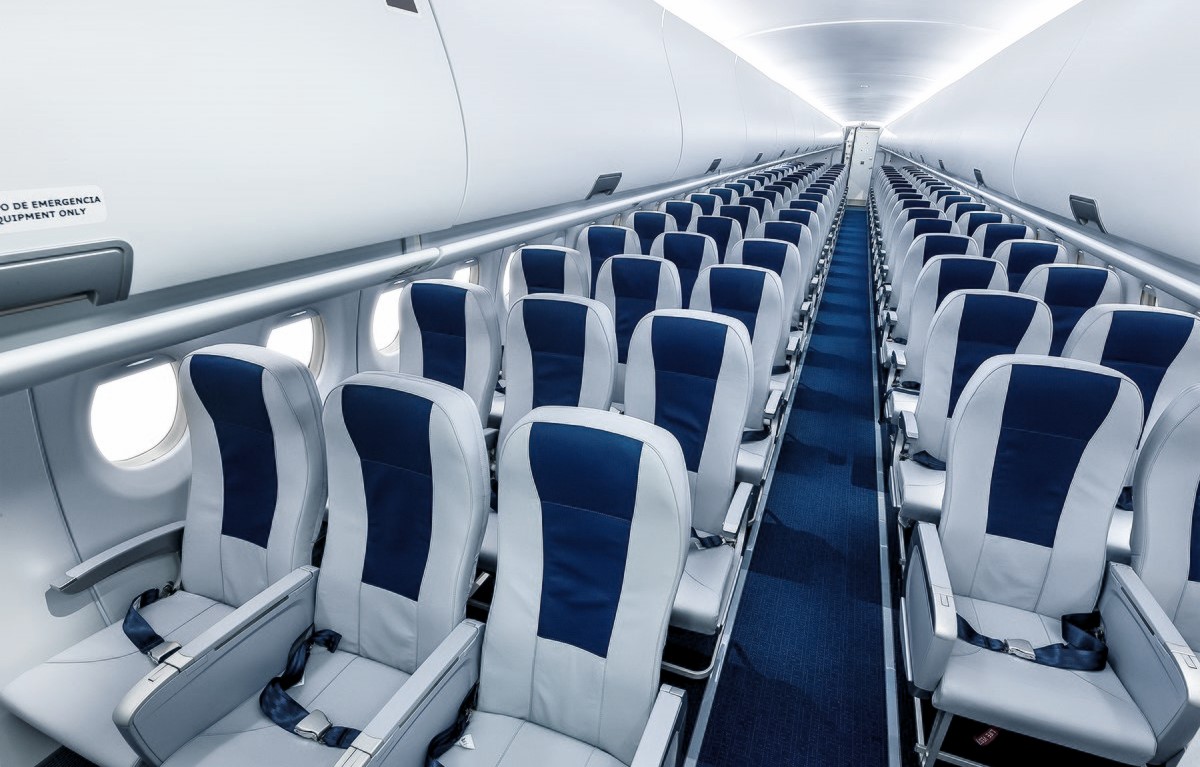
Ever wondered how you book a flight with just a few clicks? Airline reservation systems are the backbone of modern air travel, making it possible to book flights, manage schedules, and ensure smooth operations. These systems handle everything from ticket reservations to passenger check-ins. But what makes them tick? They integrate complex algorithms, real-time data, and user-friendly interfaces to keep things running smoothly. Why should you care? Understanding these systems can help you navigate your travel plans better, avoid common pitfalls, and even snag better deals. Ready to learn more? Let's dive into 14 fascinating facts about airline reservation systems that will change how you see air travel forever.
Key Takeaways:
- Airline reservation systems have evolved from manual processes to sophisticated digital platforms, revolutionizing the way we travel and ensuring smooth operations for airlines and passengers alike.
- Modern systems offer dynamic pricing, loyalty programs, and advanced security measures, while the future holds exciting trends like blockchain technology and personalized experiences for passengers.
The Evolution of Airline Reservation Systems
Airline reservation systems have come a long way since their inception. From manual bookings to sophisticated digital platforms, these systems have transformed the way we travel.
-
Early Beginnings: The first airline reservation system was introduced in the 1940s. It was a manual process involving large physical ledgers and telephone bookings.
-
SABRE System: In 1964, American Airlines launched the SABRE system, the first computerized airline reservation system. It revolutionized the industry by automating bookings and inventory management.
How Modern Systems Work
Today's airline reservation systems are complex and highly efficient. They handle millions of transactions daily, ensuring smooth operations for airlines and passengers alike.
-
Real-Time Data: Modern systems operate in real-time, allowing airlines to update seat availability, prices, and schedules instantly.
-
Global Distribution Systems (GDS): GDS like Amadeus, Sabre, and Travelport connect airlines with travel agents worldwide, facilitating global bookings.
-
Passenger Service Systems (PSS): PSS manage everything from reservations to check-ins, baggage handling, and boarding, ensuring a seamless travel experience.
Key Features of Airline Reservation Systems
These systems come packed with features designed to enhance efficiency and customer satisfaction. Let's explore some of the most important ones.
-
Dynamic Pricing: Airlines use dynamic pricing algorithms to adjust ticket prices based on demand, competition, and other factors.
-
Loyalty Programs: Many systems integrate with frequent flyer programs, allowing passengers to earn and redeem miles seamlessly.
-
Ancillary Services: Passengers can book additional services like extra baggage, in-flight meals, and seat selection through the reservation system.
Security and Compliance
Ensuring the security of passenger data and compliance with regulations is crucial for airline reservation systems.
-
Data Encryption: These systems use advanced encryption techniques to protect sensitive passenger information.
-
GDPR Compliance: Airlines operating in Europe must comply with the General Data Protection Regulation (GDPR), ensuring the privacy and security of passenger data.
The Role of AI and Machine Learning
Artificial intelligence and machine learning are playing an increasingly important role in modern airline reservation systems.
-
Predictive Analytics: AI helps airlines predict demand, optimize pricing, and manage inventory more effectively.
-
Chatbots and Virtual Assistants: Many airlines use AI-powered chatbots to assist passengers with bookings, cancellations, and other inquiries.
Future Trends in Airline Reservation Systems
The future of airline reservation systems looks promising, with several exciting trends on the horizon.
-
Blockchain Technology: Blockchain could enhance transparency and security in airline reservations, reducing fraud and improving data integrity.
-
Personalization: Future systems will offer more personalized experiences, tailoring offers and services to individual passenger preferences.
The Final Boarding Call
Airline reservation systems are the backbone of modern air travel. They handle everything from booking flights to managing passenger data. These systems have evolved over the years, becoming more sophisticated and user-friendly. They ensure that airlines can operate efficiently and passengers can enjoy a seamless travel experience.
Understanding how these systems work can give you a better appreciation of the complexities involved in air travel. Next time you book a flight, remember the intricate technology working behind the scenes to make your journey possible.
Whether you're a frequent flyer or an occasional traveler, knowing a bit about airline reservation systems can enhance your travel experience. So, the next time you're at the airport, you'll have a newfound respect for the technology that keeps the skies friendly and your travels smooth. Safe travels!
Frequently Asked Questions
Was this page helpful?
Our commitment to delivering trustworthy and engaging content is at the heart of what we do. Each fact on our site is contributed by real users like you, bringing a wealth of diverse insights and information. To ensure the highest standards of accuracy and reliability, our dedicated editors meticulously review each submission. This process guarantees that the facts we share are not only fascinating but also credible. Trust in our commitment to quality and authenticity as you explore and learn with us.


